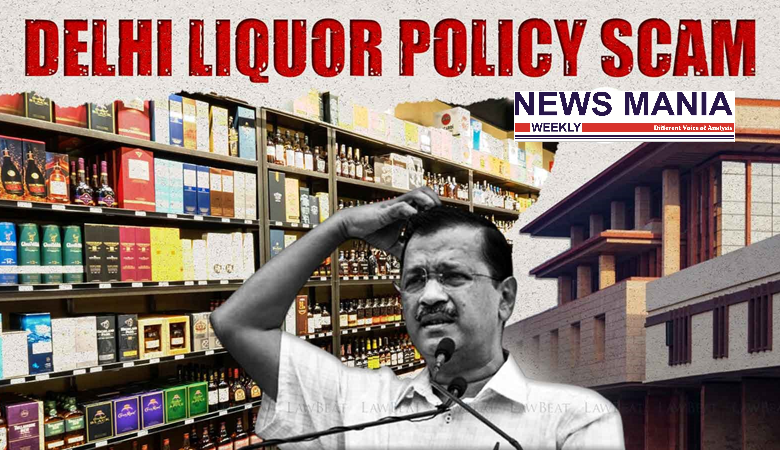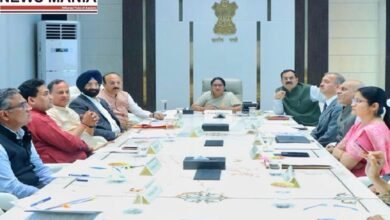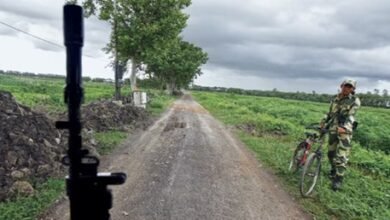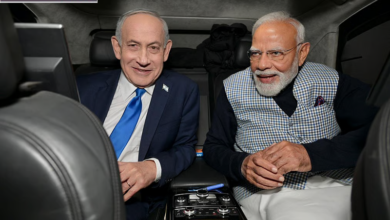CBI Opposes Bail for Arvind Kejriwal, Labels Him ‘Mastermind’ of Liquor Policy Scam

News Mania Desk/Agnibeena Ghosh/30th July 2024
The Central Bureau of Investigation (CBI) has strongly opposed the bail plea of Delhi Chief Minister Arvind Kejriwal, dubbing him the “sutradhaar” or mastermind of the controversial liquor policy case. In a supplementary chargesheet, the CBI justified Kejriwal’s arrest, asserting that the investigation could not have been completed without his detention.
Arvind Kejriwal, who is also the national convener of the Aam Aadmi Party (AAP), was arrested by the Enforcement Directorate (ED) on March 21 in connection with a money laundering case related to the alleged liquor policy scam. Although the Supreme Court has granted him interim bail, Kejriwal remains in custody due to his subsequent arrest by the CBI in the related matter.
During the hearing at the Delhi High Court, CBI counsel Advocate DP Singh emphasized that merely filing the chargesheet does not entitle Kejriwal to bail. He pointed out that similar bail pleas had been denied to AAP leader Manish Sisodia and Bharat Rashtra Samithi leader K Kavitha, both co-accused in the case. Singh argued that as the head of the cabinet, Kejriwal had signed and hastily circulated the liquor policy during the second COVID-19 lockdown. The CBI alleged that individuals from the “South Group” used chartered flights to conduct meetings in Delhi to orchestrate the policy.
The CBI maintained that it possesses substantial direct evidence against Kejriwal and, given the seriousness of the offense, argued that bail should not be granted despite the chargesheet being filed.
Senior Advocate Abhishek Manu Singhvi, representing Kejriwal, contended that the arrest was merely an “insurance arrest” following Kejriwal’s bail in the money laundering case. Singhvi cited the Supreme Court’s ruling in the Satender Antil case, which states that non-compliance with arrest provisions entitles the accused to bail.
Singhvi further argued that the CBI’s case against Kejriwal is based solely on hearsay evidence, with no direct evidence or recovery implicating him. He highlighted that the policy’s approval involved the Lieutenant Governor (L-G) and nearly 50 bureaucrats across nine expert committees, arguing that it was not a decision made solely by Kejriwal. “It’s not as if this corrupt man sits in a room and decides the policy. In total, nine committees and at least 50 bureaucrats were involved. Here, the Chief Minister wasn’t the last person, even the L-G had signed,” Singhvi asserted.
He criticized the CBI’s approach, claiming it relied on assumptions and hearsay to implicate Kejriwal. “Is this fair? Is this a level playing field for democracy? They are trying to catch him by assumptions and hearsay, like ‘Who else but he could be the murderer?’ Is this the way to handle criminal liability?” Singhvi questioned.
In response, the CBI’s counsel argued that the suggestion to include the L-G as a co-accused was sensationalist, asserting that the L-G had no role in the alleged scam. The CBI insisted that it had both documentary and direct oral evidence against Kejriwal.
Following the arguments, the Delhi High Court reserved its order on Kejriwal’s bail plea, leaving the political landscape on edge as it awaits the next developments in this high-profile case.






